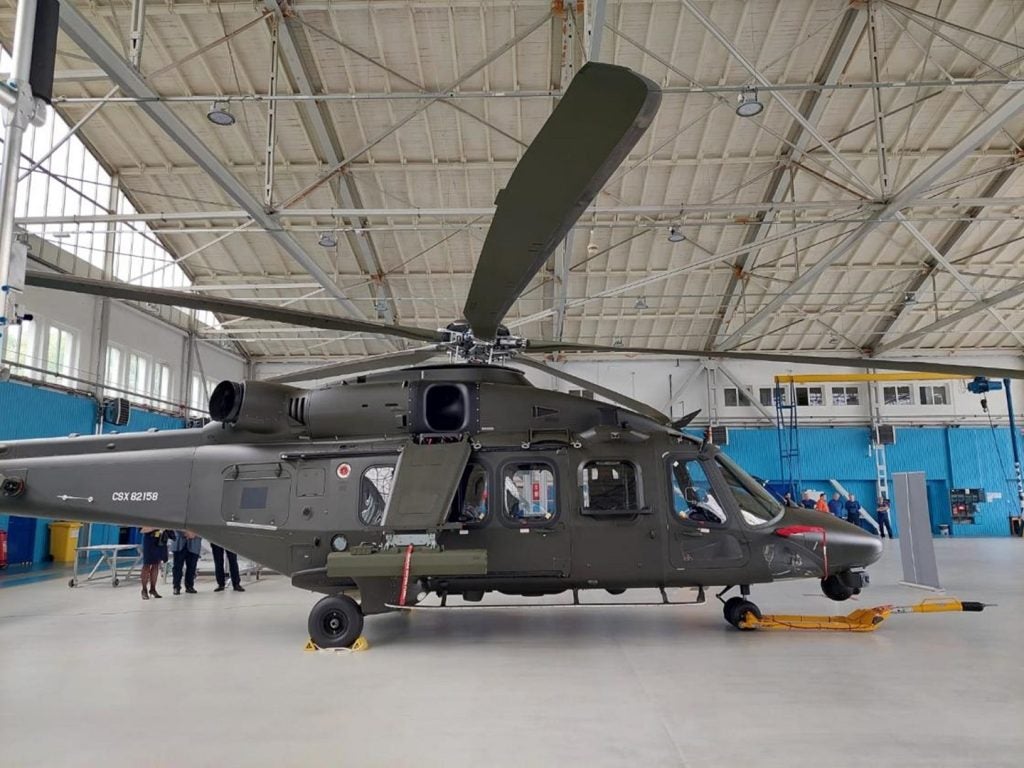
The Estonian government has agreed to a proposal by its Minister of Defence Hanno Pevkur to send handguns and ammunition to Ukraine.
Estonia’s pledge is the latest in a series supplied by Baltic states – Lithuania, Latvia and Estonia – as the Ukrainian Armed Forces pursue their counter-offensive against invading Russian forces dug-in across the south and east of Ukraine.
“We must support Ukraine in their fight against the continuing Russian aggression. Once again, we have found an opportunity where Estonia can lend a helping hand,” said Pevkur. “The Russian Federation cannot gain anything from this aggression. Therefore, all who support Ukraine must both speed up the provision of military aid as well as increase the capacity of their defence industry.”
Estonia’s previous military aid has included Javelin anti-tank systems, howitzers, artillery ammunition, anti-tank mines, anti-tank grenade launchers, mortars, vehicles, communications equipment, military field hospitals, medical supplies, personal protective equipment, and food packages.
Similarly, Lithuania and Latvia supplied missile launch systems this week and in May respectively.
Limited military capability of the Baltic states
The Baltic states are limited in their contributions to the Nato military alliance; their relatively small economies do not have the capacity to meet the new demands of defence alone.
As it stands, Estonia has provided Ukraine with military aid in the value of over €400m ($438.1m), which amounts to more than 1% of the gross domestic product.
Only recently has Lithuania expressed intent to acquire main battle tanks for the first time; the Leopard 2 was chosen largely because of its interoperability with its western European neighbours that operate the Leopard.
Likewise, despite GlobalData forecasting the Latvian government’s defence budget to grow at a compound annual growth rate of 2.4% over the next decade, these figures will grow from $900m to just shy of $1bn between 2022-2027.
Balancing capability with innovation
The limited capability of the Baltic states in no way negates what these states have to offer. In fact, these states have provided more than just tanks and ammunition.
Discussing the rise of small business startups in the wider tech industry, Laurynas Mačiulis, the CEO for an optical space-to-ground communications company based in Lithuania called Astrolight, told Army Technology that “with more and more commercial infrastructure and technology that is being used for war… It’s important to have support from venture capital [and] from business angels to support these initiatives.”
A lot of these technologies are Baltic-conceived ideas that have proven critical to Ukraine’s war effort.
“I don’t think it’s necessarily our disadvantage that the defence industry is less mature [in the Baltic]. It might even be an advantage because we see that military warfare technology is really changing with what we witnessed in the war in Ukraine, with drones, with more and more commercial infrastructure and technology that is being used for war,” Mačiulis stated.








